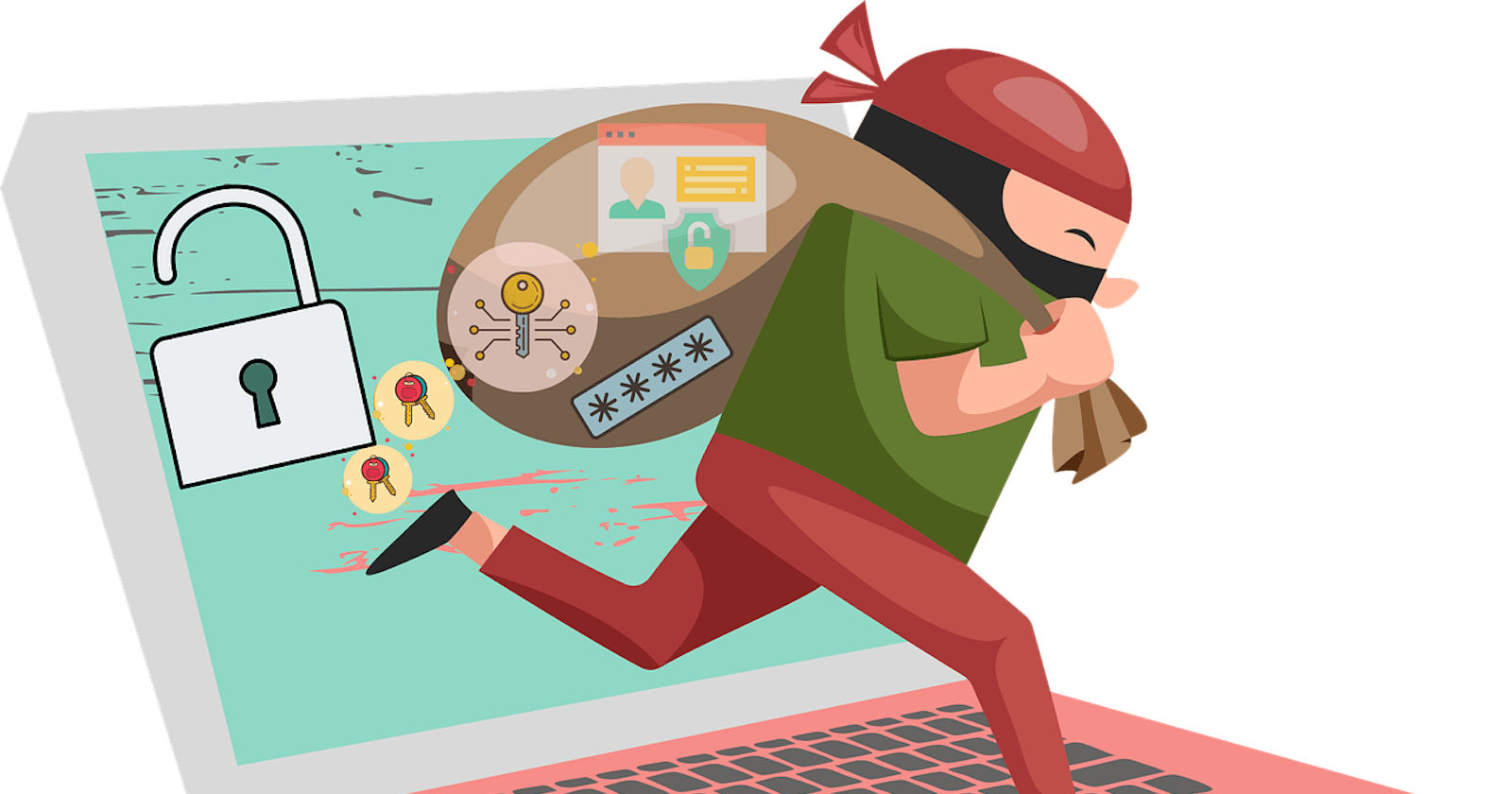Internet Safety Practices
Tips and tools to keep you secured while surfing the net
Warning!!! This may be the shortest but most useful read you will go through today, Just stay with me.
The Internet has become a tool used by a great percentage of the world at large for research, communication and networking, however in as much as it is quite helpful, it can also be used to harm unsuspecting people, their data could be phished and used to defraud or scam these persons.
The good news is that this can be very well prevented by taking some precautionary measures. I had a session on Internet Safe Practices with the ADA space, where we were given some insights of how our data can become compromised and how fraud may happen through this.
According to the Slide shared during the webinar on Internet Safety Practices, I was able to deduce some take-home tips that will help me stay safe on the internet which I will be sharing in a bit. Here are they:
- Use strong passwords for your account by having a mix of alphabets, numeric and signs and symbols.
- Do not click suspicious links especially ones you are not sure of, suspicious links can be disguised as shortened link, so one has to be sure of the source of the links before clicking on them.
- Avoid using Public WIFIs especially ones you are not sure of.
- Use Multi Factor Authentication for extra security to your accounts.
- For systems, it's advisable to use an anti malware software and always keep it updated so it can function as it should.
- Use pop up blockers with your browser.
- Always keep your system updated, this keeps it up and running while functions efficiently.
- Use a reliable antivirus software.
- Remember to be mindful not to share out important information online like your passwords or clues to your password.
Read through this carefully and apply them diligently, you will see how safer your Internet space will be. Cheers to a safer internet.
